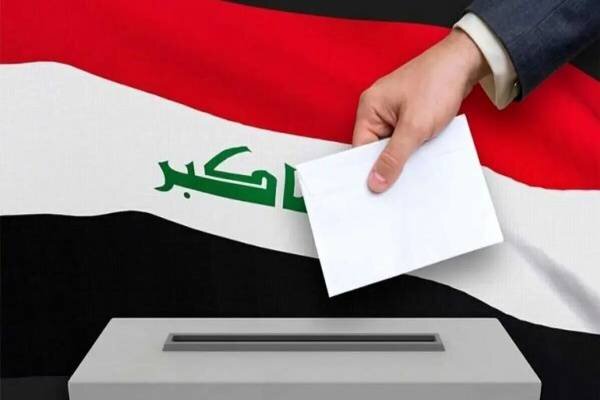Iraq Elections and Foreign Players: How Is Washington Intervening?

The Iraqi parliamentary elections will take place on November 11, with more than 7,768 candidates competing for 329 seats in the Council of Representatives. Of these, nine seats are reserved for representatives of religious and ethnic minorities including Christians, Yazidis, Shabaks, Mandaeans, and Feyli Kurds.
Contrary to initial impressions, Iraq’s elections are not purely an internal matter. Several regional and international governments aim to shape the post-election political framework. Which powers seek to extend their influence in Iraq’s political arena?
First: The United states
The U.S.Embassy is directly involved through secret meetings and funding select groups during the Iraqi parliamentary process. Washington employs several tools to exert pressure on Iraq’s government and politics:
1. Financial leverage-The U.S. can disrupt Iraq’s markets and economy by managing currency auctions and transfers.
2. Conditional security assistance-including training tied to reforms and disarmament of resistance groups in Iraq.
3. Selective diplomacy-supporting specific figures and programs aligned with its interests.
Second: Turkey
Turkey has taken overt steps to interfere in Iraqi elections by openly backing the Turkmen Front as well as certain Sunni forces and parties.
ankara aims to bolster its influence in northern Iraq while exploiting tensions with Kurdish groups for strategic advantage. Its intervention extends beyond electoral interference; it seeks to redefine regional energy control maps and security arrangements.
Key Turkish objectives include border security measures targeting the Kurdistan Workers’ Party (PKK), disputes over Tigris-Euphrates water resources, and economic ambitions tied to overland routes connecting Iraq with the Mediterranean coast.
Third: Gulf arab States
The Gulf states have adopted a positive approach toward relations with Iraq characterized by electricity transfers, joint investments, and regional openness initiatives according to Al Jazeera reports. They pursue smart investments in infrastructure elements such as ports, free trade zones, renewable energy projects aimed at benefiting from opportunities emerging from Iraq’s diversifying economy.
These countries seek leverage especially regarding energy tools within gas-and-petrochemical ventures backed by active diplomatic engagement designed to maximize these prospects.
The Gulf states do not support specific parties within the Iraqi elections but evaluate outcomes based on broader factors including improvement of domestic conditions across Iraq alongside its relations with neighboring countries.
Although Qatar strives for a discreet role influencing Iraqi elections behind the scenes it cannot fully conceal oil-backed financial footprints shaping election dynamics; notably supporting various Sunni factions within Iraq’s political landscape.


